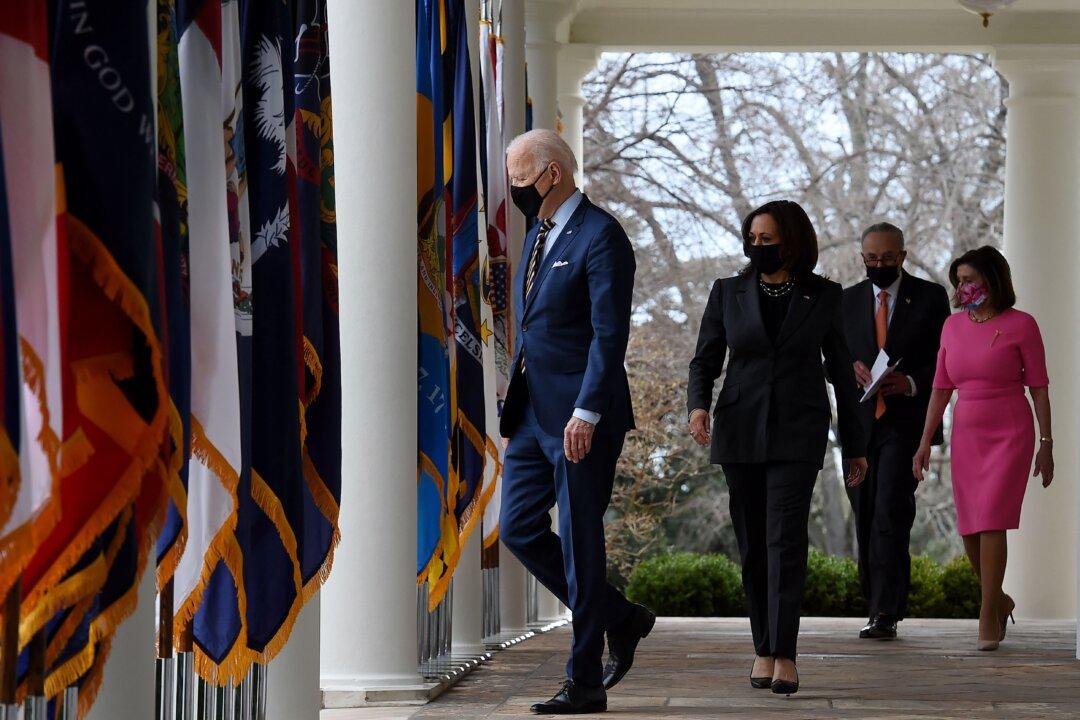News Analysis
Democrats in both the legislature and the White House have few options open to them to counter the Supreme Court’s (SCOTUS) expected decision to overturn Roe v. Wade, despite efforts to use legislation or executive powers to do so.

Democrats in both the legislature and the White House have few options open to them to counter the Supreme Court’s (SCOTUS) expected decision to overturn Roe v. Wade, despite efforts to use legislation or executive powers to do so.